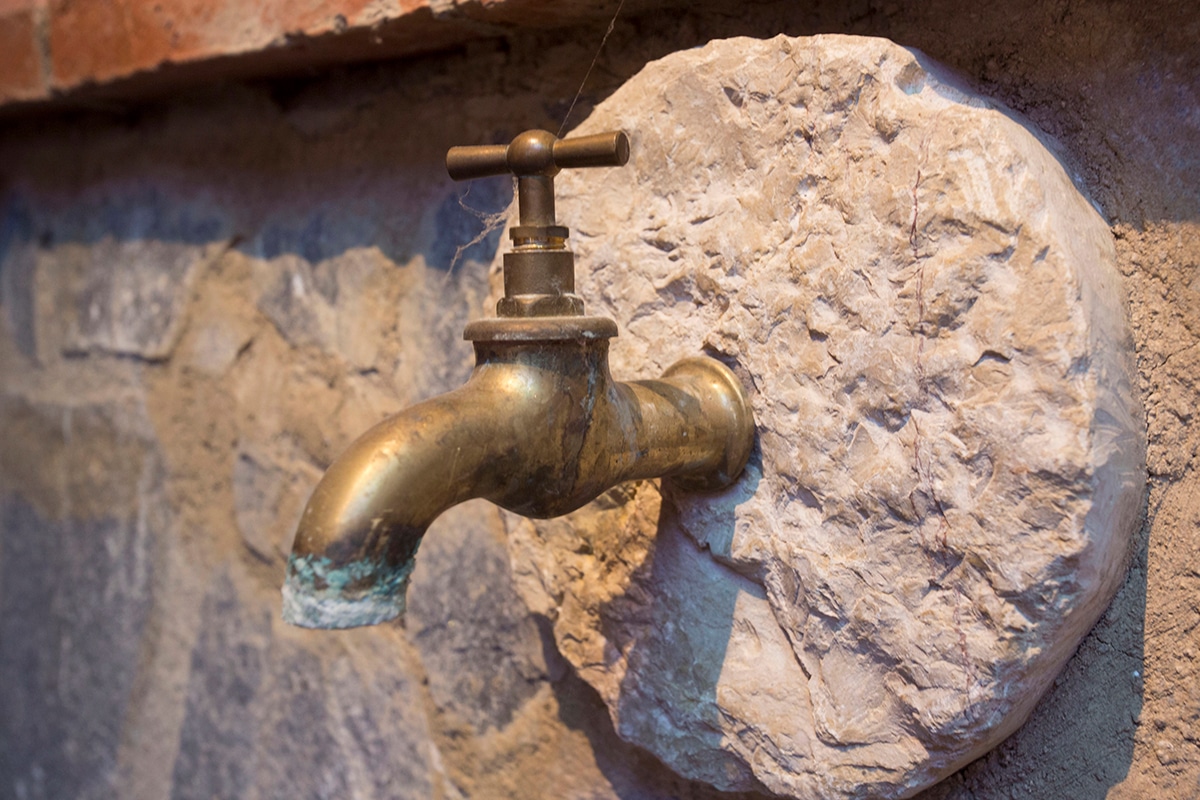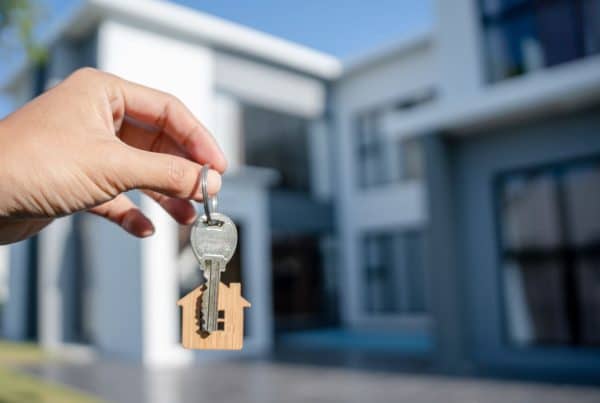Arizona homeowners often face the issue of hard water, which can bring a host of problems into their lives. From clogged pipes to dingy laundry, hard water can be a constant source of frustration. In this comprehensive guide, we will delve deeper into what hard water is, its detrimental effects on your home, and most importantly, how to effectively tackle this issue. Say goodbye to the hassles of hard water with our expert advice.
Understanding Hard Water
What is Hard Water?
Hard water is water that contains a high concentration of minerals, primarily calcium and magnesium. These minerals are naturally present in the ground, and when water passes through rocks and soil, it picks up these minerals, making them “hard.”
How Does it Affect Your Home?
- Scale Buildup: The minerals in hard water can accumulate over time, causing scale buildup in your pipes and appliances. This buildup restricts water flow and can even lead to clogs.
- Reduced Appliance Efficiency: Hard water can decrease the efficiency of your water-using appliances. The minerals in hard water can coat heating elements, reducing their effectiveness and leading to increased energy bills.
- Dry Skin and Hair: Showering with hard water can leave your skin feeling dry and itchy, and your hair may become dull and lifeless. Soap and shampoo don’t lather well in hard water, making it challenging to achieve a thorough clean.
Identifying Hard Water
Signs of Hard Water
- White Deposits: One of the most common signs of hard water is white, chalky deposits on faucets, showerheads, and glassware. These deposits are a result of minerals precipitating out of the water and sticking to surfaces.
- Soap Scum: When you wash your hands or dishes with hard water, you may notice that soap doesn’t lather well, and soap scum forms in sinks and bathtubs. This soap scum can be challenging to clean and often requires special cleaners.
- Dingy Laundry: Clothes washed in hard water may appear dull and feel scratchy. The minerals in hard water can bond with detergents and soil, making it difficult to get your laundry truly clean.
DIY Test
You can perform a simple DIY test to check for hard water in your home. All you need is a clear plastic bottle and some liquid soap. Here’s how to do it:
- Fill the plastic bottle with water from your tap.
- Add a few drops of liquid soap to the water.
- Put the cap on the bottle and shake it vigorously.
If the water produces very little lather and leaves a milky residue, you likely have hard water.
Pipes Mechanical Services in Mesa, Arizona
For Arizona homeowners seeking professional plumbing solutions to combat hard water and plumbing-related issues, look no further than Pipes Mechanical Services in Mesa, Arizona. They are a trusted and reliable provider of plumbing and mechanical solutions, with a commitment to excellence and a team of highly skilled professionals. Pipes Mechanical Services offers a wide range of services to meet the plumbing needs of Mesa residents and businesses. Whether it’s repairing leaks, installing new fixtures, or addressing complex mechanical issues, they have built a reputation for quality workmanship and exceptional customer service. They understand the unique challenges posed by Arizona’s water conditions, including hard water, and are well-equipped to provide tailored solutions that ensure the efficient and trouble-free operation of plumbing systems. When it comes to reliable plumbing services in Mesa, Pipes Mechanical Services stands as a go-to choice for both residential and commercial clients.
Tackling Hard Water Issues
Water Softeners
One of the most effective ways to combat hard water is by installing a water softener in your home. Water softeners use a process called ion exchange to remove calcium and magnesium ions from the water, making it softer. Here’s how they work:
- Ion Exchange: Water softeners contain resin beads that are charged with sodium ions. As hard water passes through the resin, the calcium and magnesium ions in the water are exchanged for sodium ions, effectively “softening” the water.
- Regular Regeneration: Over time, the resin beads become saturated with calcium and magnesium ions and need to be regenerated. This is done by flushing the resin with a saltwater solution, which restores the sodium ions on the resin beads.
- Benefits: Softened water not only feels better on your skin and hair but also prevents scale buildup in your pipes and appliances. Your water-using appliances will last longer, and you’ll see a reduction in energy bills.
Reverse Osmosis Systems
While water softeners are excellent for treating the whole house, you might also want to consider installing a reverse osmosis system, especially for your kitchen. Reverse osmosis systems use a semipermeable membrane to filter out minerals and contaminants from your drinking water. Here’s why they are beneficial:
- Purified Drinking Water: Reverse osmosis systems provide you with purified, great-tasting drinking water. They remove not only minerals but also impurities like chlorine, lead, and bacteria.
- Improved Taste: When you cook with purified water, you’ll notice that your dishes and beverages taste better. Coffee and tea, in particular, benefit from the removal of minerals that can affect flavor.
- Convenience: Having access to clean, purified water directly from your kitchen sink eliminates the need for bottled water, reducing plastic waste and saving you money in the long run.
Descaling Solutions
For smaller-scale issues caused by hard water, you can use descaling solutions or white vinegar to remove scale buildup from faucets, showerheads, and other fixtures. Here’s how to do it:
- Mixing Solution: Create a solution by mixing equal parts of white vinegar and water in a bowl or container.
- Soaking: Remove the fixture or affected part and soak it in the solution for a few hours or overnight.
- Scrubbing: After soaking, use a soft brush or cloth to scrub away the loosened scale deposits.
- Rinsing: Rinse the fixture thoroughly with clean water and reassemble it.
Regular maintenance and descaling can prevent further damage and ensure your fixtures and appliances continue to function optimally.
Preventing Hard Water Problems
Regular Maintenance
To keep your water softener and other appliances in top condition, it’s essential to schedule routine maintenance. Here are some tips:
- Salt Levels: Check and replenish the salt levels in your water softener regularly.
- Inspect for Leaks: Examine your plumbing for any signs of leaks, as hard water can exacerbate plumbing issues.
- Cleaning Screens and Aerators: Periodically clean screens and aerators on faucets and showerheads to prevent clogs and maintain water flow.
Use Softened Water
To mitigate the effects of hard water on your skin and laundry, consider using softened water for bathing and washing clothes. Softened water is gentler on your skin, and it can help your clothes stay brighter and softer.
Consider a Water Conditioner
If you’re concerned about completely removing all minerals from your water, you may want to explore water conditioning options. Water conditioners can help reduce the adverse effects of hard water while still retaining some of the beneficial minerals.
Conclusion
Tackling hard water problems is essential for maintaining the longevity of your home’s plumbing and appliances. By understanding the effects of hard water, identifying its presence, and implementing effective solutions, Arizona homeowners can enjoy improved water quality and a more comfortable living environment. Don’t let hard water issues persist—take proactive steps to address them and enjoy the benefits of soft, clean water in your home.








